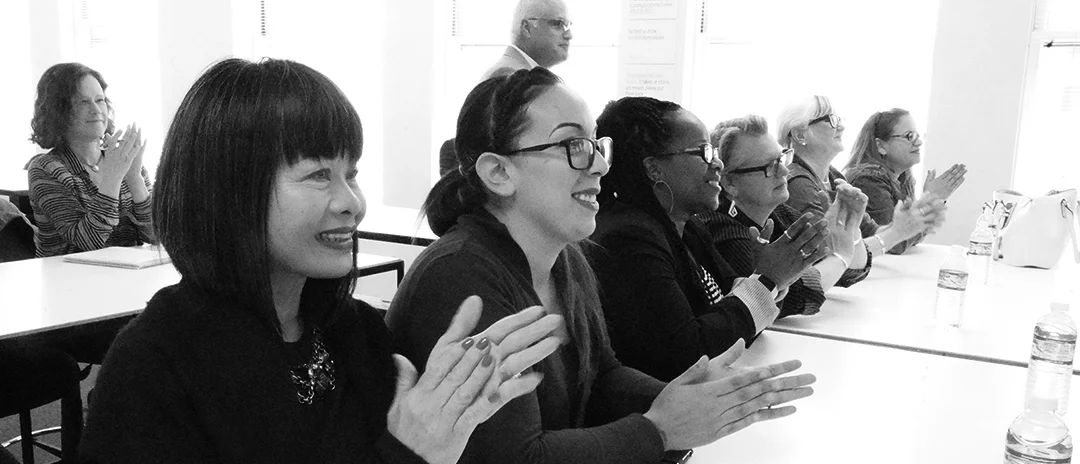Posted on: CBS8
Author: Rocio De La Fe
Published: 9:17 AM PST February 24, 2024
Updated: 9:17 AM PST February 24, 2024
Through their partnership, the organizations combine their resources to provide wrap-around services tailored to the needs of formerly incarcerated people.
SAN DIEGO — The most recent state report shows California’s recidivism rate is at around 46%, that’s the rate that former incarcerated individuals find themselves back in jail.
Several nonprofits in San Diego County are helping many people break that cycle by equipping them with the tools they need to reenter the workforce.
From job training to mentorship programs, these nonprofit organizations offer a wide range of services to break down barriers to employment and help create a smooth transition back into society.
“A job is a key element in success and not becoming a statistic of the recidivism rate that California has," said Tracy Holt, who has rejoined the workforce after serving time in prison.
Holt now works as a backup driver and also spends his time performing litter abatement, highway maintenance, and landscaping.
Holt, a Navy veteran, has successfully reintegrated into society thanks to the support of San Diego’s Five Keys Schools and Programs, which offers transitional employment to formerly incarcerated individuals.
After serving two decades in prison, Holt says he faced significant barriers to employment after his release.
“There’s always the uncertainty of what’s going to be next. And a job is the most important. Without a job your odds and chances of going back are greater than if you have the stability," said Holt.
The Five Keys Schools and Programs works closely with a network of 18 other nonprofit partners in San Diego County, including Back 2 Work and the San Diego Workforce Partnership.
“It’s very difficult when you have been out of the workforce for x amount of years or even have a background," said Kimberly Castillo, with Back 2 Work. "We support in providing essentially a temporary employment while they look for permanent employment or rejoin the education system."
Through their partnership, the organizations combine their resources to provide comprehensive wrap-around services tailored to the needs of formerly incarcerated people.
“The workforce partnership is very important when it comes to the vitality of our economy and our community," said Tony Young, Interim President and CEO, San Diego Workforce Partnership.
Recently, the San Diego Workforce Program received a nearly $5 million grant from the California Workforce Development Board. The money aims to bolster employment services through its reentry works services.
“We want to support these individuals and they have all the ability to do the work. They just need our support," said Young.
Young says the grant will further help the nonprofit and its regional partners to provide life-changing services to individuals like Tracy.
“Tracy really embodies what we’re about. We have resources to help individuals like Tracy really make a different not only in his life but in the lives of others," he added.
Young says Tracy’s story serves as a testament to the transformative impact organizations like Back 2 Work and San Diego Workforce Partnership can have.
“It made all the difference in the world there’s no way that I could’ve made it without the resources that was made available to me," said Holt.
Tracy is currently working to obtain his commercial driver’s license which will help him take the next steps into a full-time, permanent career.











